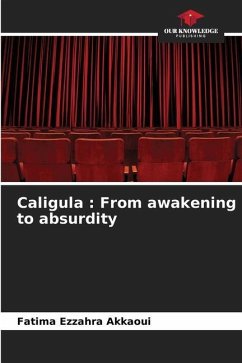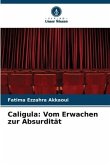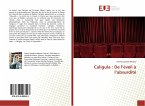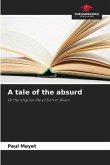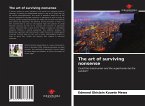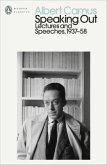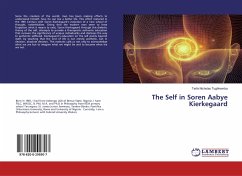This work focused on the writer Albert Camus, on his life, his work and his philosophy of the Absurd. Its aim was to find the theme of absurdity in his play Caligula, belonging to the "cycle of the Absurd". At the end of this work, the least we can say is that the Camusian theater is not content to reinvent clichés, but it transcends art to take on a philosophical dimension, that of the Absurd. In the case of the character-hero of Caligula, it is an absurdity in the form of murder, against the tragedy of the human condition. Caligula, the tyrannical emperor experiencing the absurdity of life that is linked to the vision of his own death, and the discovery of the truth that "men die and they are not happy". As for the state of research on Caligula, we can speak of Caligula as a myth still alive, the story of this Caesar known for his insane cruelty could influence the imagination of Albert Camus and took place in his work of the absurd. For this reason we feel partly excused for having used in the title of this study the words: "Caligula: From awakening to absurdity".
Bitte wählen Sie Ihr Anliegen aus.
Rechnungen
Retourenschein anfordern
Bestellstatus
Storno

